
Why Somalia wants a 25 -years arms embargo lifted
Yet amid the genial atmosphere, there was a moment of tension as Somali President Mohamed Abdullahi "Farmajo” Mohamed broached the issue of lifting a 25-year arms embargo that he said has hampered the fight against Al-Shabab, an Islamist militant group affiliated to Al-Qaeda that has bombed and blasted the Somali military for more than a decade.
"Al-Shabab has AK-47s and the Somali National Army has the same equipment, the same weapons. And that’s why this war has been lingering for 10 years,” said President Farmajo at a press conference at the conclusion of the London meeting. "If we don’t have more sophisticated and better weaponry, this war will definitely continue for another 10 years.”
Besides temporarily loosening some restrictions in 2013, the international community has steadfastly refused to remove the arms embargo, as Somalia has battled to establish a stable government and retake control of territories governed by Al-Shabab, which has a presence in much of rural southern Somalia.
The embargo was put in place in 1992 as Somalia fell into civil war, wracked by clan conflicts.
The civil war saw two northern regions of Somalia effectively break away, with one claiming independence, left the country without a central government for more than two decades, and created the conditions for the rise of Al-Shabab, a militant offshoot of a group of sharia courts that seized control of the capital Mogadishu in 2006. It also saw Somalia become a byword for anarchy: The Horn of Africa country has been ranked top of the Fragile States Index seven times in the past nine years.
Farmajo, who was elected in February on a wave of optimism, said his government was working toward a full lifting of the arms embargo. But the country is not there yet, says Thomas Shannon, the Under Secretary of State for Political Affairs in the U.S. Department of State.
"He talked about creating a process that would get Somalia there. He understands that the reason that hasn’t happened yet is because Somalia still doesn’t have in place the internal control mechanism, the storage, repository and tracking mechanisms necessary to ensure that weapons stay where they are supposed to stay,” says Shannon in an exclusive meeting with Newsweek on the sidelines of the London conference.
While the original 1992 embargo banned the sale of all weapons and military equipment to all parties in Somalia, several amendments have since been made.
In 2007, the Security Council resolved that the embargo would not apply to weapons and equipment directed for the sole use of AMISOM, the 22,000-strong African Union force that has been leading the fight against Al-Shabab, and which is due to exit Somalia by 2020. Then in 2013, following the establishment of the first central Somali government since the early 1990s, the Security Council lifted the embargo on light weaponry being sold to Somali national forces for a twelve-month period, though certain heavy arms—such as surface-to-air missiles—were still banned.
The international community’s key concern is that Al-Shabab could get its hands on heavy weaponry if the embargo to Somali forces was lifted, says Omar Mahmood, an expert on Somalia at the Institute of Security Studies, an African think tank.
This could happen in a number of ways, he says: Either sympathetic elements in the SNA could smuggle weapons to the militants, or corrupt Somali forces could sell arms on the black market, potentially attracting Al-Shabab. Alternatively, the Islamist group could collect the munitions as spoils of war after overrunning Somali forces.
An example of the latter occurred when Al-Shabab overran Kenyan troops at a base in El Adde, near the border between Somalia and Kenya, in January 2016: The militants released video footage of the aftermath of the attack, in which fighters are seen looting boxes of ammunition and military vehicles.
At the London conference, President Farmajo suggested tentatively that "maybe next year, maybe in eight months,” the embargo could be lifted if Somalia could fulfil whatever criteria was demanded by the Security Council.
The comment was apparently brushed aside by British Foreign Minister Boris Johnson, who chaired the conference: "This is not the time to lift the arms embargo. We shouldn’t be thinking of doing it that way round.
The priority has got to be to get the Somali forces to a condition working with the regional authorities where they are able to take on Al-Shabab, and where AMISOM is finally able to discharge its obligations,” said Johnson. The British minister emphasized the training of Somali forces currently being undertaken by advisers and troops from several countries, including the U.K. and United States.
The international community still appears to have many doubts about Somalia’s capacity to keep weapons out of the clutches of Al-Shabab, which has called for attacks on the West as well as launching major incursions into Kenya and other neighboring states.
Farmajo’s government has been in place less than three months—he announced his cabinet in March—and in that time, the militant group has carried out multiple large-scale suicide bombings in Mogadishu and other attacks elsewhere. The president announced a state of war in Somalia in April, offering disillusioned jihadis a 60-day window to disarm.
But even if, against the prevailing mood, the arms embargo were to be lifted, it would not have a determinative effect in Somalia’s war on Al-Shabab, says Mahmoo, pointing out that AMISOM has been excused from the arms embargo for the past 10 years. While the African Union force has made significant gains against Al-Shabab—pushing it out of Mogadishu and most other urban areas—the militant group still holds around 10 percent of territory in the country and appears to conduct attacks at will.
"Al-Shabab has been very good at undertaking asymmetric attacks,” says Mahmood, "so it’s no guarantee that if we have heavier weapons going to Somalia, Al-Shabab is going to be eliminated. AMISOM’s struggle pertinently demonstrates that.”



 0
0 
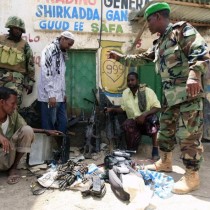




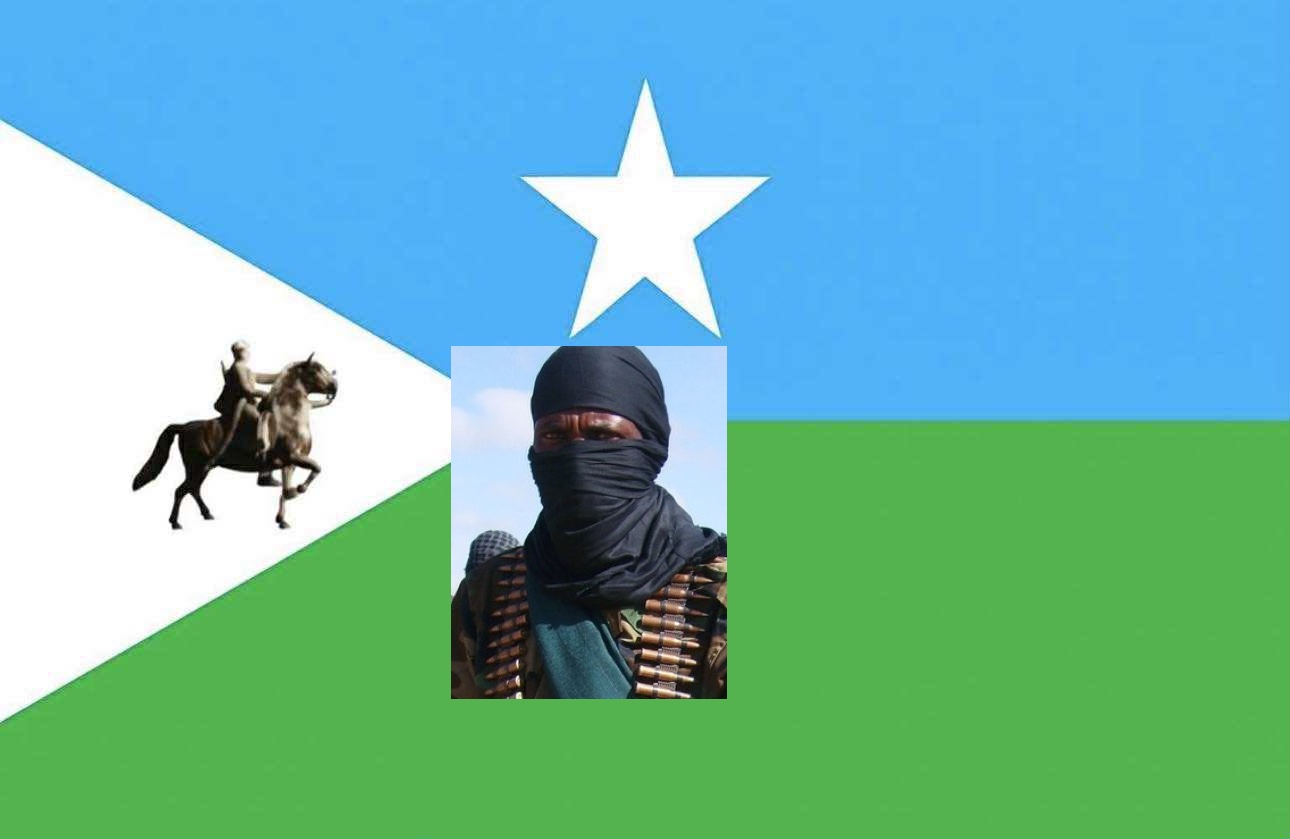
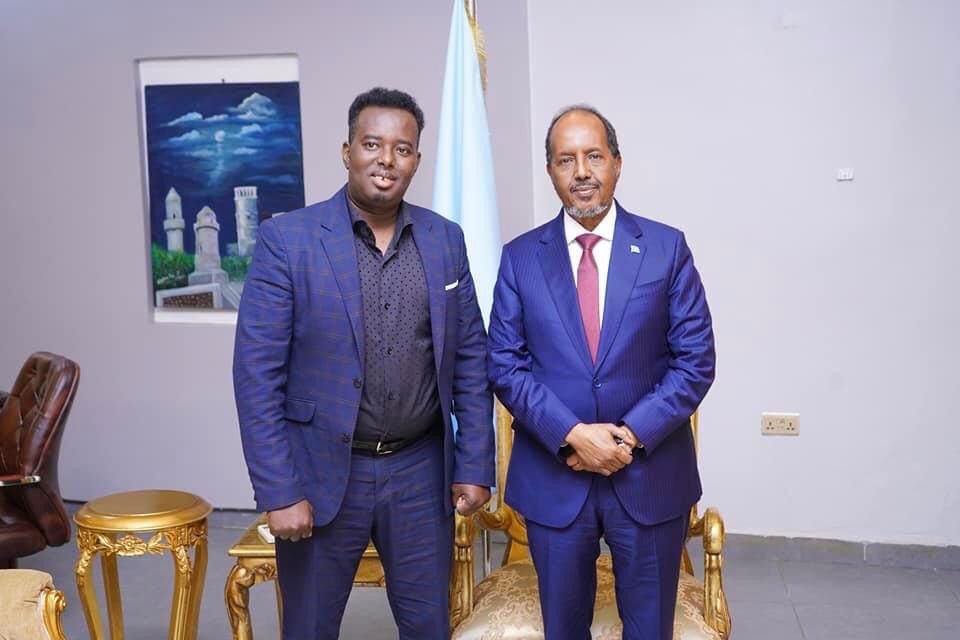
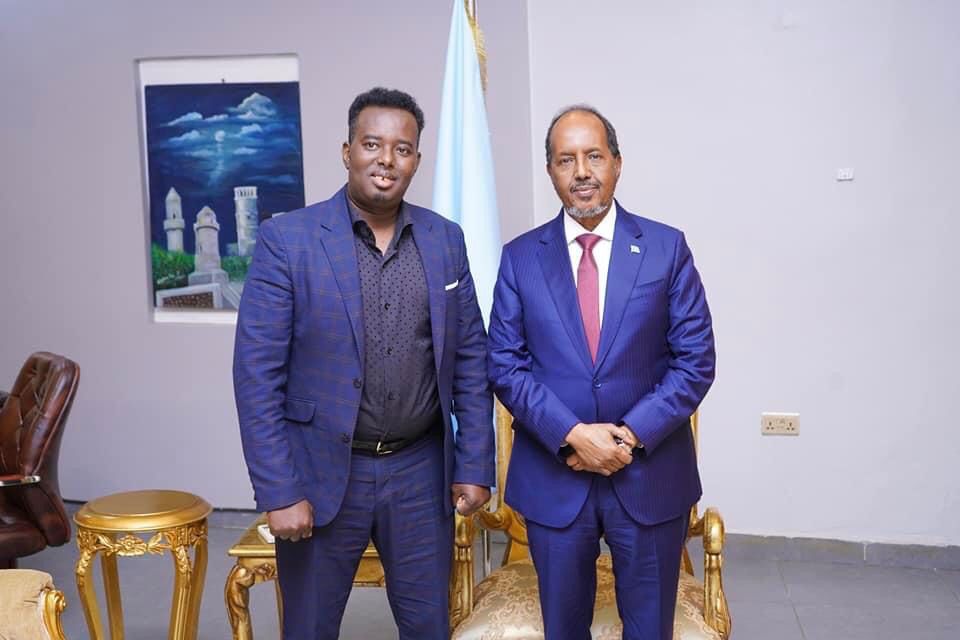


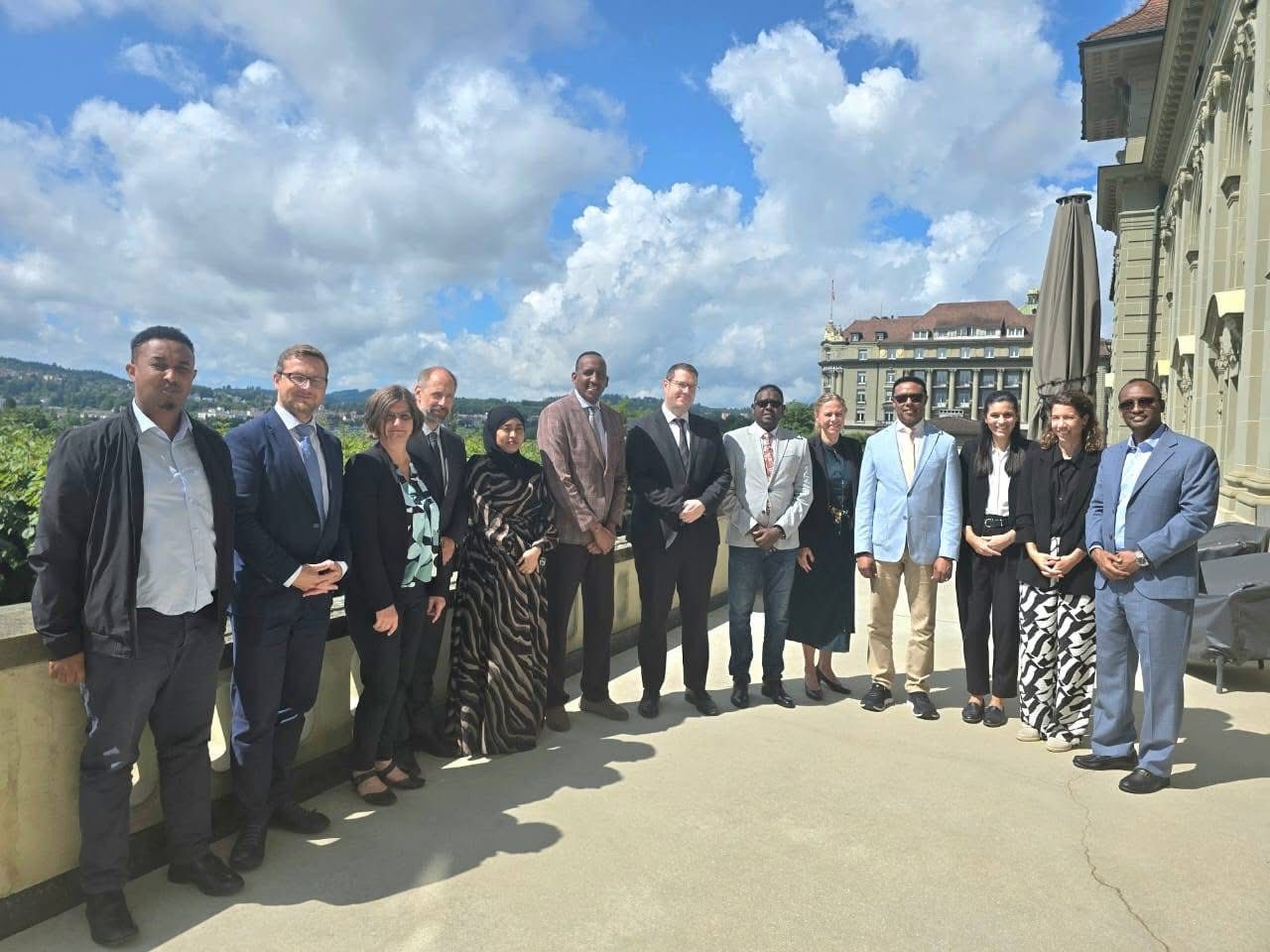


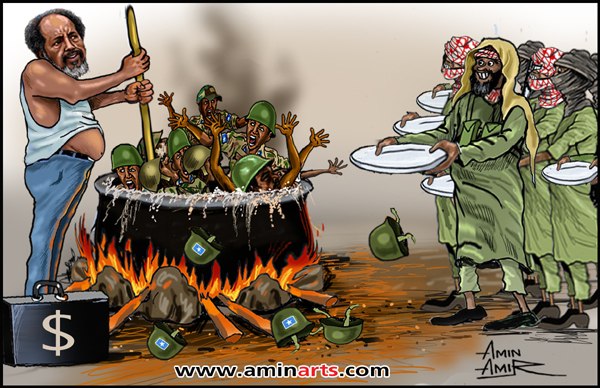
Why Somalia wants a 25 -years arms embargo lifted
WAAGACUSUB:-